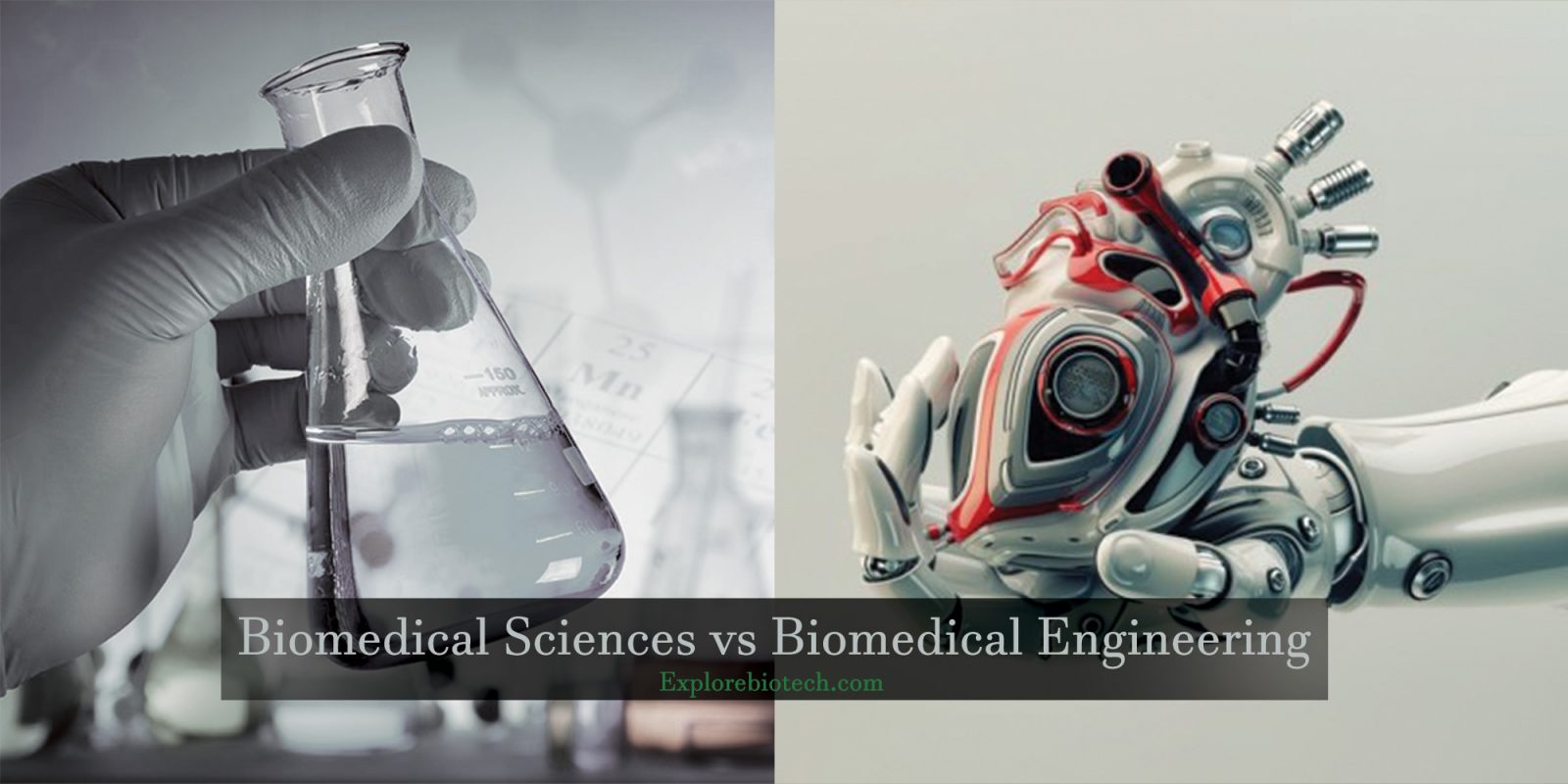The intersections of science and technology continue to birth disciplines tailored for the amelioration of human health. Among these, biomedical engineering and genetics stand out as two fields that offer unique perspectives and capabilities in addressing complex health challenges. While both domains are intrinsically linked to the advancement of healthcare, they beckon individuals inclined toward different aspects of scientific inquiry and practical application. This discourse aims to elucidate the salient differences and similarities between biomedical engineering and genetics, thereby guiding prospective students in their deliberation of which path to pursue.
Understanding the Core Foundations
Biomedical engineering is an interdisciplinary field that applies principles of engineering, biology, and medicine to develop technologies and devices aimed at improving human health. Its practitioners are often engaged in designing medical equipment, developing biomaterials, and even creating computational models that simulate biological processes. The hallmark of this discipline lies in its pragmatic approach to problem-solving, centered around the integration of engineering principles with biological systems.
Conversely, genetics is a life science focused primarily on the study of genes, genetic variation, and heredity in living organisms. The implications of genetic research are monumental, ranging from unraveling the complexities of hereditary diseases to the burgeoning field of gene therapy. Professionals in genetics analyze molecular constituents and employ advanced techniques such as CRISPR and genome sequencing to elucidate the genetic underpinnings of organisms.
Career Trajectories and Opportunities
One of the first considerations for students is the career trajectories available within each domain. Biomedical engineering encompasses a wide array of job roles, from clinical engineers who collaborate with healthcare providers to improve medical devices, to research and development engineers who contribute to innovative healthcare solutions. The versatility of this field allows graduates to find positions in hospitals, medical device companies, regulatory agencies, and academia.
In contrast, a degree in genetics opens doors to a more specialized set of careers. Geneticists may work in clinical settings, laboratories, or research institutions, focusing on genetic counseling, laboratory management, or experimental research. The domain is rapidly evolving, especially with the advent of personalized medicine and agricultural biotechnology, thus expanding career options. Innovative job roles include genetic counselors, biotechnologists, and researchers in genomics, each of which demands a robust understanding of both theoretical concepts and practical applications.
Educational Pathways and Skill Sets
The educational requirements for each field reflect their distinct natures. Biomedical engineering typically necessitates a blend of engineering disciplines along with biological sciences. Students often embark on a curriculum that includes coursework in thermodynamics, fluid mechanics, materials science, and bioengineering principles. Additionally, proficiency in computer-aided design (CAD) software and an understanding of regulatory aspects are crucial for success in the field.
Conversely, genetics programs focus on molecular biology, biochemistry, and bioinformatics. Courses often emphasize laboratory techniques, such as polymerase chain reaction (PCR) and electrophoresis, which are vital for genetic analysis. Moreover, a solid foundation in statistics is essential for interpreting genetic data and understanding population genetics.
Sociocultural Implications and Ethical Considerations
Both fields are not immune to sociocultural implications and ethical dilemmas, especially as they pertain to healthcare delivery and the footprint of biotechnology in society. Biomedical engineers find themselves grappling with questions relating to equitable access to medical technologies, while also considering the safety and efficacy of their innovations. Likewise, geneticists confront ethically charged issues surrounding genetic privacy, discrimination, and the potential for eugenics, particularly as genetic editing technologies become more widely available. Understanding these ethical dimensions is vital, as both fields can significantly influence societal health outcomes.
Interdisciplinary Collaboration
The realms of biomedical engineering and genetics are not mutually exclusive; rather, they often intersect in ways that enhance the capabilities of each discipline. For instance, advancements in bioinformatics facilitated by genetic research can inform the design and functionalization of biomedical devices. The integration of genetic tailoring in biomedicine, such as personalized prosthetics adjusted for an individual’s genetic profile, exemplifies the collaborative potential. This necessity for interdisciplinary collaboration invites students to consider the mutual benefits of engaging with both fields during their academic journey.
Conclusion: Choosing Your Path
In the face of burgeoning health challenges, the decision between pursuing a career in biomedical engineering versus genetics may feel daunting. It is essential to reflect on personal interests, strengths, and long-term aspirations. If one possesses a penchant for innovation and engineering problem-solving, biomedical engineering may prove to be the most fulfilling choice. Conversely, for those captivated by the intricacies of life at the molecular level and intrigued by the genetic basis of disease, a path in genetics may offer profound satisfaction and fulfillment.
Ultimately, the decision rests upon a nuanced understanding of each field’s contributions, values, and the societal impact they hold. Both biomedical engineering and genetics offer rewarding careers with the potential to significantly enhance the quality of human life. As the domains evolve, interdisciplinary approaches will likely gain prominence, creating synergies that transcend traditional boundaries. A thoughtful evaluation of personal inclinations and professional aspirations will assist in making an informed decision about which path to pursue.








